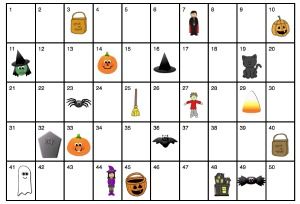Students who need additional help to learn basic math skills often lack motivation. Low or failing student grades and poor self-esteem compound the problems. Focusing on these motivational math lesson ideas will give teachers the tools they need to help these children see success.
Basic Budgeting Math Activities
It is important to teach students basic budgeting skills with real life numbers and examples. Children need to see why these skills are relevant to them, which will provide the motivation they need to succeed. High school students in particular need to understand the importance of budgeting skills, as they are looking to graduation and life outside of their parent’s home.
Have students research housing costs and actually put together a list of expenses required to live on their own. Teachers should walk students through the budgeting process, guiding them to do the necessary math without focusing on the fact that these math skills are in the curriculum. Give students the respect and freedom to learn how to do things that are interesting and motivating to them.
How to Connect Math Activities to Real Life
Whenever possible, find the purpose behind the math skills and teach that instead. When student grades are on the line, teachers may find that the students have the attitude that nothing can help, so why try? Show them the purpose of the math instead of focusing on the math skills themselves. In the process, the math skills will be taught, but in a very different way so that students never have to wonder why they are learning something.
For example, to teach advanced math skills including interest, bring in information from various banks regarding loan rates. Have students shop for a car with the local paper and figure out how much money they need to borrow, how much their payments will be, and how long it will take them to pay the loan off. This is the purpose behind the math skills in the curriculum.
Motivating Elementary Math Lessons
Students often lose motivation as they get older because they struggle for longer. So for example, a fourth grader who struggles with math, and continues to struggle throughout the grades, will be less motivated in eleventh grade than they were in fourth grade. Starting with motivating math activities in elementary school will help to curb this trend before the students reach high school.
So when planning math activities at any age, teachers need to think beyond the math curriculum and find math activities that will allow students to understand the purpose of learning the math skills. Never teach a math lesson when you can have students experience motivating math activities instead. This will not only help improve student grades, but will make teaching easier as the students become more motivated to learn.









